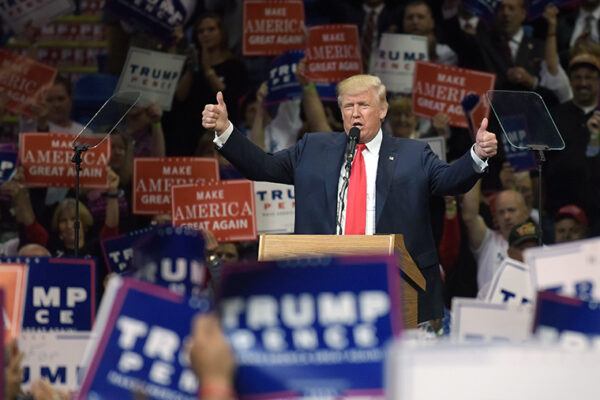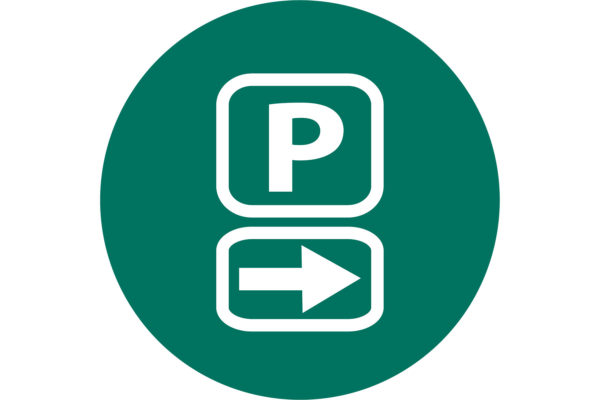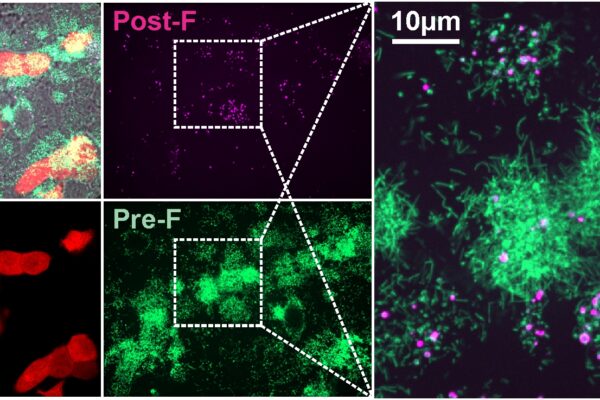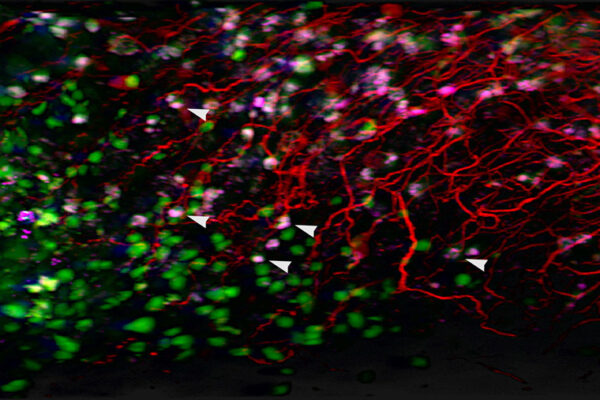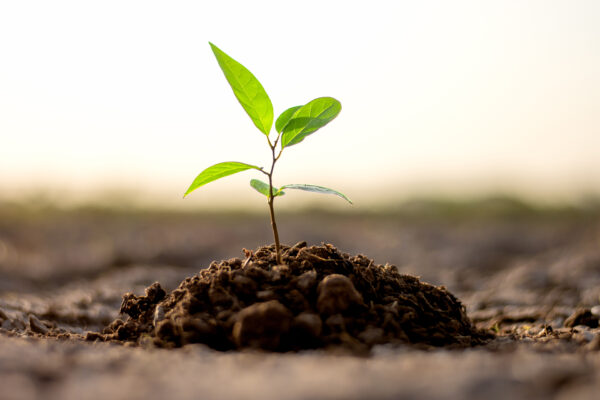Partisanship, the economy and presidential accountability
New Arts & Sciences research shows that voters are surprisingly objective in how they assess the economy. Voters will actually hold the president accountable for the state of the world, Andrew Reeves said.
Parking offers update
Parking and Transportation Services shares important updates on the pending parking management system upgrade and upcoming event parking changes in its October newsletter.
Shape of virus may determine RSV infection outcomes
Using a novel technology, the lab of Michael Vahey at the McKelvey School of Engineering uncovered shape-shifting properties of a common respiratory virus.
Philip receives NIH grant for neuroscience research
Benjamin Allen Philip, assistant professor at the School of Medicine, received a five-year $2.11 million grant from the National Institute of Neurological Disorders and Stroke of the National institutes of Health (NIH).
Two students participate in German-American Sister Cities Youth Forum
Students Essete Workineh and Johnny Yeldham, both in Arts & Sciences, are among 11 St. Louisans selected to participate in the German-American Sister Cities Youth Forum.
$7.5 million to study elusive cell type important in aging, cancer, other diseases
Washington University School of Medicine in St. Louis has joined the NIH’s SenNet, a national research network focused on understanding senescent cells, an elusive but important cell type that plays key roles in the diseases of aging.
WashU alum Josi Jahic: journey from HR to restaurateur
Josi Jahic (MBA, 2015) never expected to be part of the restaurant business. “When I was in college,” she said, “I would do any kind of work other than restaurant work.” Now Josi finds herself at the center of J’s Pitaria, a Mediterranean restaurant she founded with her husband Zamir. At J’s, speed takes a back […]
First artificial scaffolds for studying plant cell growth
Ryan Calcutt and Ram Dixit in Arts & Sciences and their collaborators created the first artificial scaffolds that can support the growth of individual plant cells — a discovery that will make it possible to study how forces such as gravity affect the way that plant cells form and grow.
Psychotic experiences in children predict genetic risk for mental disorders
New research from Washington University suggests that psychotic-like experiences in children may predict risk for mental illness.
Hit the sleep ‘sweet spot’ to keep brain sharp
Older adults who sleep short or long experienced greater cognitive decline than those who sleep a moderate amount, even when the effects of early Alzheimer’s disease were taken into account, according to a study by researchers at Washington University School of Medicine.
View More Stories
